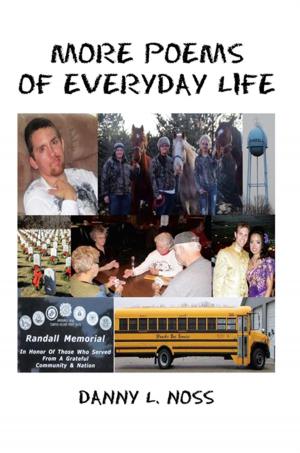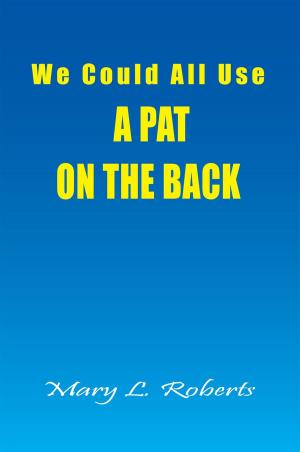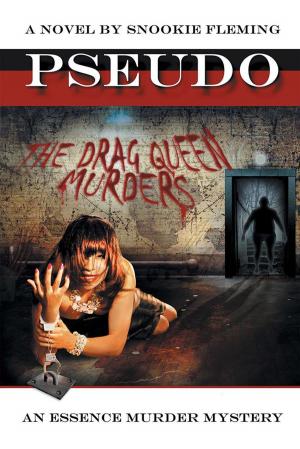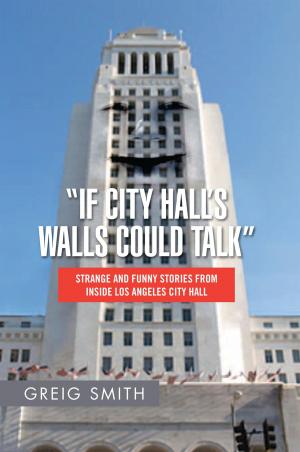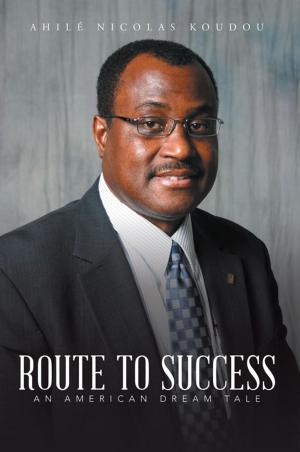| Author: | Bradley M. Fralick | ISBN: | 9781477176702 |
| Publisher: | Xlibris US | Publication: | June 27, 2001 |
| Imprint: | Xlibris US | Language: | English |
| Author: | Bradley M. Fralick |
| ISBN: | 9781477176702 |
| Publisher: | Xlibris US |
| Publication: | June 27, 2001 |
| Imprint: | Xlibris US |
| Language: | English |
How would you react if you went to sleep one night, a young dentist beginning to build a successful practice to support your wife and two kids, and woke up fuzzily seven months later to find that you were a different person. You had a cast on your important right hand, not because it was broken, but because your brain wouldnt or couldnt send the signals to relax the muscles, and your hand tried to curl into a fist. Your right foot was pretty weak because your Achilles tendon had been cut and stretched, so that your foot wouldnt curl up like your hand. You had lost your sense of balance, and your mind wouldnt allow you to speak without repeating your words so fast that your tongue couldnt keep up, and people could no longer understand you without straining. You had difficulty making decisions, and you couldnt remember any decisions that you made. To make things worse, you saw two or three, or sometimes more images, and your brain wouldnt integrate them into one.
Brad Fralick woke up in this way in 1994. His practice had been sold, and his life was forever changed. This book is a record of his remarkable journey toward thinking clearly again. It might be called a book of short essays. It is actually a chronology of his thoughts. As Brad recovered, he initially had to write his thoughts down, because his short term memory was so bad that he couldnt sustain a thought train, and he couldnt communicate verbally. He couldnt straighten his right hand, and couldnt control his left hand well enough to write with pen or pencil, so he began to learn to type on a keyboard with one finger of his left hand. We encouraged him to write everything that went through his head, and he initially found it easier to write about a fictional character going through his own life experiences. Later, he began writing his views of politics, religion, and just about any aspect of life.
Writing was important to Brads recovery, but computer games have been even more instrumental. Contemporary research suggests that mental activities with many arbitrary, simple rules may help recovery of cognitive function. Have you ever heard of a more enlightened description of computer games? Hoping that a game or two would help put other broken brains back together, we set up a web site to present comments on games as a sort of mental gymnasium, or biofeedback treatment thats fun. Brad wrote a few game reviews, and then began to write about a fictional character Dr. Sgt. Milko, a dentist who was an enlisted man in the Army. As the fictional stories were written, Brad published them on this web site in chronological order, with most recent stories at the top of his table of contents.
These stories are collected in the second portion of this book "THE MILKO STORIES". They are published pretty much in reverse chronological order, newest stories first. Some make you laugh, some make you cry, and some just make you think. They each reveal a new aspect of the recovery of his brain. Surprisingly, many of the stories are of adventures that actually took place years ago as Brad was growing up. Brads long term memory was not impaired by his brain injury. Neither was his imagination.
Brad eventually began to publish his thoughts about contemporary life as a Traumatic Brain Injury survivor. He added a new section to his web site to publish these comments. The subject of his attention ranges from the wild fires that almost burned the Los Alamos national laboratory to his relationship with his son...
How would you react if you went to sleep one night, a young dentist beginning to build a successful practice to support your wife and two kids, and woke up fuzzily seven months later to find that you were a different person. You had a cast on your important right hand, not because it was broken, but because your brain wouldnt or couldnt send the signals to relax the muscles, and your hand tried to curl into a fist. Your right foot was pretty weak because your Achilles tendon had been cut and stretched, so that your foot wouldnt curl up like your hand. You had lost your sense of balance, and your mind wouldnt allow you to speak without repeating your words so fast that your tongue couldnt keep up, and people could no longer understand you without straining. You had difficulty making decisions, and you couldnt remember any decisions that you made. To make things worse, you saw two or three, or sometimes more images, and your brain wouldnt integrate them into one.
Brad Fralick woke up in this way in 1994. His practice had been sold, and his life was forever changed. This book is a record of his remarkable journey toward thinking clearly again. It might be called a book of short essays. It is actually a chronology of his thoughts. As Brad recovered, he initially had to write his thoughts down, because his short term memory was so bad that he couldnt sustain a thought train, and he couldnt communicate verbally. He couldnt straighten his right hand, and couldnt control his left hand well enough to write with pen or pencil, so he began to learn to type on a keyboard with one finger of his left hand. We encouraged him to write everything that went through his head, and he initially found it easier to write about a fictional character going through his own life experiences. Later, he began writing his views of politics, religion, and just about any aspect of life.
Writing was important to Brads recovery, but computer games have been even more instrumental. Contemporary research suggests that mental activities with many arbitrary, simple rules may help recovery of cognitive function. Have you ever heard of a more enlightened description of computer games? Hoping that a game or two would help put other broken brains back together, we set up a web site to present comments on games as a sort of mental gymnasium, or biofeedback treatment thats fun. Brad wrote a few game reviews, and then began to write about a fictional character Dr. Sgt. Milko, a dentist who was an enlisted man in the Army. As the fictional stories were written, Brad published them on this web site in chronological order, with most recent stories at the top of his table of contents.
These stories are collected in the second portion of this book "THE MILKO STORIES". They are published pretty much in reverse chronological order, newest stories first. Some make you laugh, some make you cry, and some just make you think. They each reveal a new aspect of the recovery of his brain. Surprisingly, many of the stories are of adventures that actually took place years ago as Brad was growing up. Brads long term memory was not impaired by his brain injury. Neither was his imagination.
Brad eventually began to publish his thoughts about contemporary life as a Traumatic Brain Injury survivor. He added a new section to his web site to publish these comments. The subject of his attention ranges from the wild fires that almost burned the Los Alamos national laboratory to his relationship with his son...



